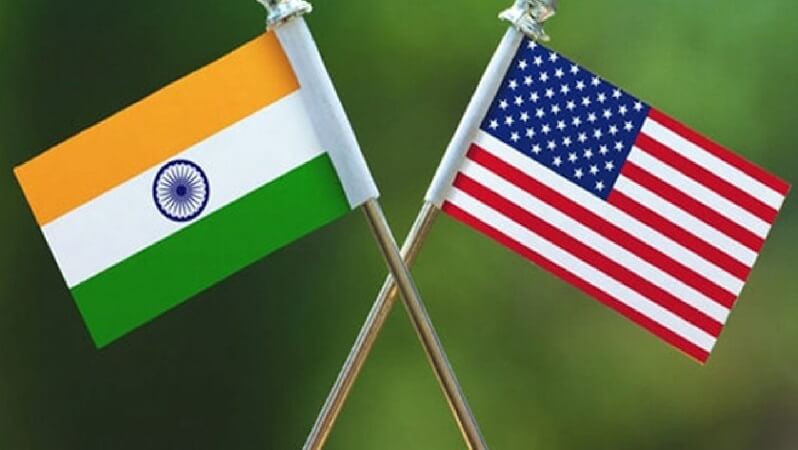PM Narendra Modi’s ‘Make in India’ initiative has not gone down well with the Biden administration with the latter claiming that it has posed challenges to the bilateral trade between the two countries.
The negotiations for the US-India trade deal have been underway for quite some time but many issues are yet to be resolved.
The Biden administration’s exasperation with India’s flagship program became obvious when it told the US Congress that India’s recent emphasis on import substitution through the ‘Make in India” campaign has “epitomized” the challenges facing the bilateral trade relationship.
The US Trade Representative (USTR) has emphasized in its 2021 Trade Policy Agenda and 2020 Annual Report that during 2020, the US continued its engagement with India to try to resolve longstanding market access impediments affecting US exporters.
In a report submitted on Monday, USTR said: “While India’s large market, economic growth, and progress towards development make it an essential market for many US exporters, a general and consistent trend of trade-restrictive policies has inhibited the potential of the bilateral trade relationship.
“Recent Indian emphasis on import substitution through a ‘Make in India’ campaign has epitomized the challenges facing the bilateral trade relationship”.
The two sides engaged throughout 2020 in response to India’s specific concerns “affecting the full range of pressing bilateral trade issues, including intellectual property (IP) protection and enforcement, policy development affecting electronic commerce and digital trade, and market access for agricultural and non-agricultural goods and services”, the report said.

It also highlighted how India had begun enforcing a requirement that lactose and whey protein concentrate (WPC) be accompanied by a dairy certificate in April 2020, resulting in the blocking of shipments from the US. This became a cause of concern because the US exports of lactose and WPC to India had grown steadily for years, reaching a high of approximately $54 million in 2019 before falling to approximately $32 million in 2020.
Prime Minister Modi had been pushing the ‘Make in India’ initiative to not only make the country self-sufficient but also capable of exporting Indian products to other countries. It has further received push with the ‘Atmanirbhar Bharat’ initiative launched in 2020 when supply chains were disrupted in the backdrop of the Covid-19 pandemic-induced lockdown in countries across the globe.
An Indian government official in January had told Live Mint that President Joe Biden may not be too keen to immediately pursue the India-US mini-trade deal that was under negotiation, choosing instead to focus on chalking out a China strategy and restoring US credibility in multilateral forums.
However, the claim was dismissed when Commerce Secretary Anup Wadhawan said that negotiations over the “India-US mini trade deal are ongoing and contentious issues have largely been addressed”.
He had said: “The sticking points have largely been addressed. There are no sticking points as such … bilateral discussions are always ongoing, they never end… status is very good on that deal.” He also clarified that the USTR report on New Delhi’s move to impose a two percent equalization levy on foreign e-commerce firms discriminates against American companies is not correct.
India had expressed disappointment when the US had terminated its status under the Generalized System of Preferences (GSP) program, following a review of concerns related to India’s compliance with the GSP market access criterion. GSP is a preferential tariff system that provides tariff reductions on various products.
The US trade program provides opportunities for many of the world’s poorest countries to use trade to grow their economies and climb out of poverty.
Ever since the suspension, both the US and India have been trying to formulate a deal aimed at producing a package of meaningful market access outcomes. But India’s concerns, as per the US, have stopped the signing of the deal. Speculation was rife last year during former President Donald Trump’s visit that the deal would be signed but it was not.
Follow EurAsian Times on Google




